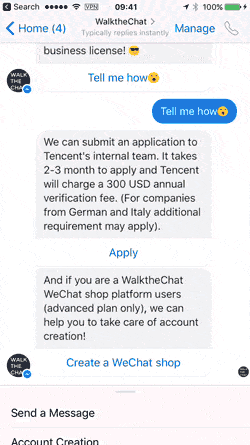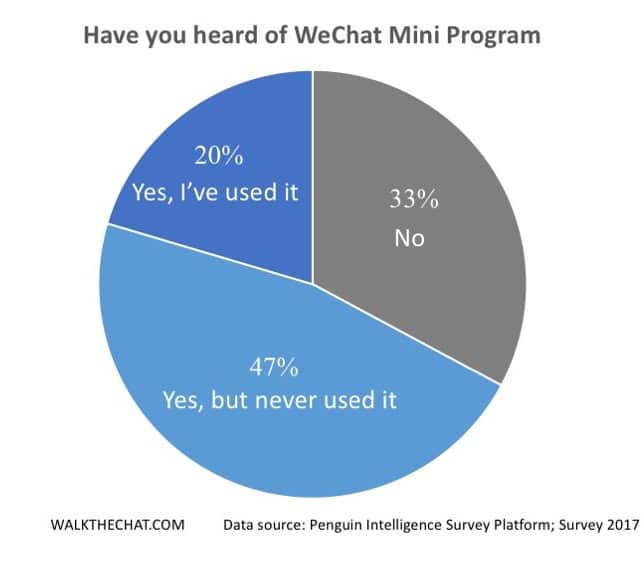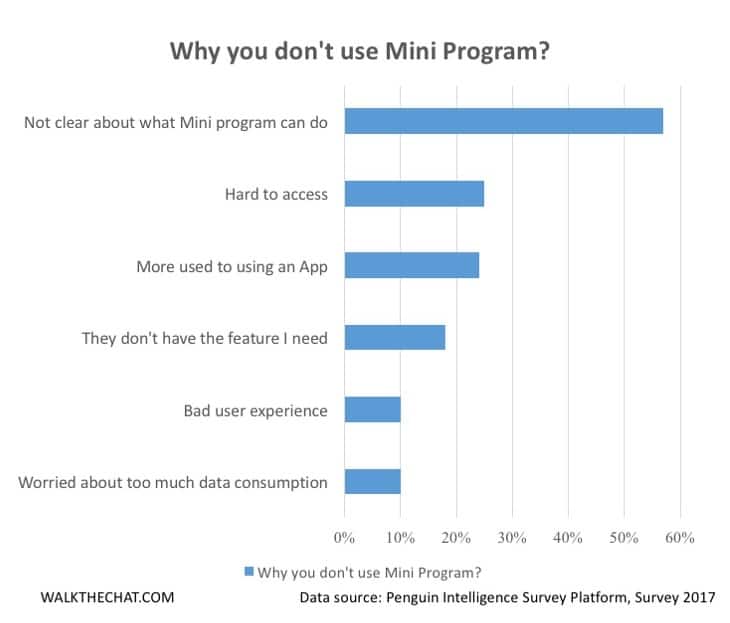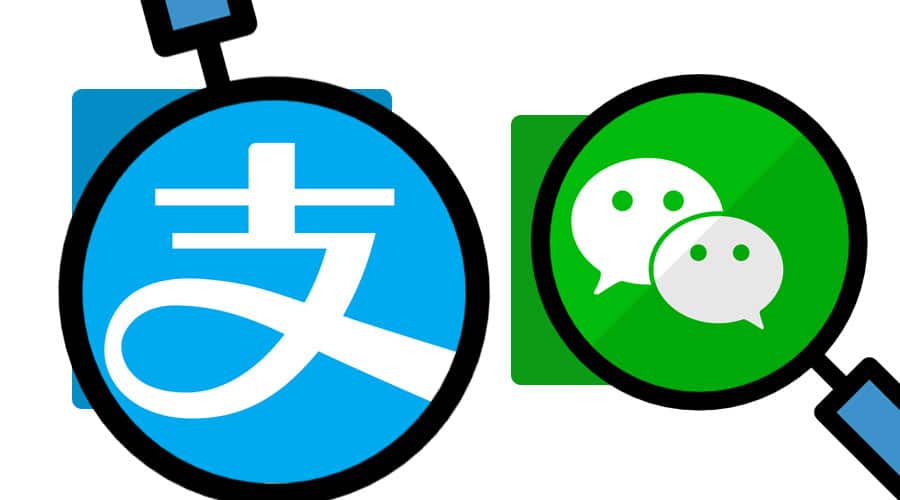Alipay quietly released its own mini-programs: light applications accessed through Alipay, loaded directly (like web pages) but with performance similar to web-APPs.
Let’s have a close look into that.
What do Alipay mini-programs look like?
Alipay mini-programs look, in many ways, exactly like WeChat mini-programs.

Like WeChat miniprograms, Alipay miniprograms…
- are accessed usually via scanning QR codes
- are built on their own framework based on JavaScript
- are something in between native APPs and webpages
Why is it all a mess?
That all sounds very good, so why is it very bad?
Simply because Alipay just added a new framework that programmers have to learn in order to be able to write code.
That’s a problem because it means that in the future, programmers might have to learn the following frameworks in order to be able to develop an application usable accross all platforms:
- Swift for iOS
- Java for Android
- WeChat mini-programs framework
- Alipay mini-program frameworks
- One general web framework for website (React, Angular, Ember, there are multiple standards here)
- And of course this is just for “front-end” (the part users see), but there is also need to learn back-end frameworks (to manage data) such as Node, Ruby, Scala, Go, Python and more…
This multiplication of programming languages and frameworks might be okay for very large companies who can benefit from large teams and outsourcing agencies to cover all this spectrum. But what about smaller startups trying to get a product to market?
Little by little, the open web is transforming into a world of competing proprietary platforms.
How does Facebook do it?
It is interesting that, as of now, Facebook didn’t take the “mini-programs” approach yet. Although Facebook bots are very similar to WeChat Official Accounts, they chose to “iFrame” website inside their bots. This means that you can open a website directly inside the bot in order to offer extra functionalities.

This approach, although it is less “native” than the one of WeChat (transitions are less smooth, speed isn’t as fast) enables developers to build just one version of their application (web-based) and then deploy it to multiple platforms.
How well are WeChat mini-programs doing exactly?
WeChat recently released a score of new features for mini-programs to make them more accessible, easier to share and more powerful as marketing tools.
However, they still fail to gain traction. In a recent Tencent report, 80% users indicates they have never used WeChat Mini Program.

More than half of the users are not clear what Mini Programs do.

The website Github is the place where a lot of a programmers share their Open Source code, and it is a good place to assess which frameworks are winning or losing (depending on “Stars”, which are kind of “Likes” from programmers toward specific frameworks)
If we look at Github stars for the most popular WeChat Mini-program framework (WePy), the framework doesn’t even get to 1,000 stars.

As a comparison, the Open Source framework from Google, Angular, totals 23,810 stars, while Facebook’s framework React collected 66,066 stars!

Ironically, the most popular Github repository referring to WeChat mini-programs does not contain any code… it is a collection of ressources and articles talking about WeChat mini-programs compiled by the “WeChat mini-app fans” website (you can find it here).
Isn’t this the ultimate proof that, as of today, WeChat mini-programs are still mostly hype?
Conclusion
Alipay is jumping on the mini-program bandwagon… which might very well be about to crash into a wall. The multiplication of frameworks makes it difficult for developers to keep up with all the companies trying to pull the rug toward their own proprietary framework.
The most likely outcome is that programmers will stick to open standards (like the Google and Facebook frameworks) and mini-programs might not gain significant traction until the whole ecosystem matures.

